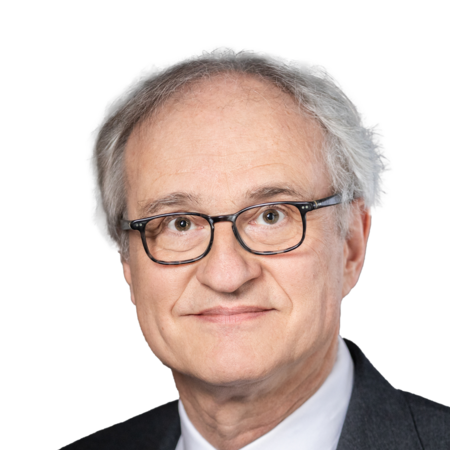Saving the World, One Seed at a Time

Seeds samples in Mali packed and ready to be deposited at the Svalbard Global Seed Vault in February 2023. Photo: Institut d’Economie Rurale, Mali
24 February 2023
You know how some superheroes work silently and selflessly behind the scenes to save the world from an unseen threat?
Genebank staff are a bit like that.
They operate largely outside the public eye; in the shadows, you might say.
Their superpower is the ability to store, study and share the diversity of crops. Just as superheroes develop their strength and abilities through years of training and experience, genebanks have honed their expertise in the art of conserving seeds through decades of research and practice.
And just as a superhero must face difficult challenges and dangerous foes, genebanks must contend with threats to the diversity they protect, some natural, some manmade.
Despite the challenges, genebanks work tirelessly and continuously, just like superheroes. They understand that their efforts will have a profound impact on the world, much like superheroes can shape the course of history. But they don’t make a big deal about it.
Every once in a while, though, genebanks – like superheroes – get to step into the limelight.

Production of seed beds at the Croatian National Plant Genebank. Croatia will be a first-time depositor at the Svalbard Global Seed Vault in February 2023.
It’s part of the project called Biodiversity for Opportunities, Livelihood and Development (BOLD), which is being implemented by the Crop Trust with funding from the government of Norway.
At the end of this month, it’s the turn of four genebanks to take a bow. They are the Institut d’Economie Rurale (IER) in Mali, the Agricultural University of Tirana in Albania, Fabia CSB Bogdanci, an NGO in the Republic of North Macedonia, and the Group of Research, Agricultural Innovation, Biodiversity Management and Action for Sustainable and Equitable Local Development (GRIGADEB), an NGO in Benin. They are the first of 35 genebanks that will send back-up copies of their collections to the Svalbard Global Seed Vault for safety duplication.
Before a genebank can make a deposit in the Seed Vault, it needs to put in a lot of hard work behind the scenes. Seed samples have to be sown, grown out, tended, harvested. We call that regeneration. The resulting new batches of seeds have to be carefully selected, cleaned, tested, dried and packaged to make sure they will remain viable for decades, if not centuries. They have to be properly documented in the appropriate databases. Then they have to be air shipped to Svalbard. It’s not showy work, but it’s essential. BOLD helps the genebanks with all that.
By depositing their seed collections in Svalbard, genebanks can rest assured that their precious crop diversity will be protected from natural disasters, wars, and other threats. Maybe even supervillains.
In North Macedonia, FABIA CSB spent one year collecting seeds from many parts of the country, and four years multiplying them. They say: “With so much effort, with so much desire and hope, we don't want to run the risk of losing the value and heritage of this collection. A lot of these varieties are used in our traditional dishes. For example, ajvar is a delicious Macedonian specialty prepared with red pepper.”
In Mali, IER have regenerated 3,423 accessions of sorghum, pearl millet, fonio, cowpea, Bambara groundnut and wild watermelon. They faced floods last year, which destroyed some of their regeneration work. But the genebank staff perseveres, the work continues.
Our partners from Albania tell us that, “without the support of BOLD, we would not have been able to regenerate and safety-duplicate 850 accessions of maize and beans.” At the end of this collaboration, 25% of their crop collections will be backed up in the Seed Vault, and the work continues…
So, the next time you sit down to enjoy a meal, whether ajvar or something else, take a moment to appreciate the work of genebank staff. They are saving the world, one seed at a time.
And, just like some superheroes, they get to do it in a futuristic arctic hideout.
Categories: BOLD, Svalbard Global Seed Vault







